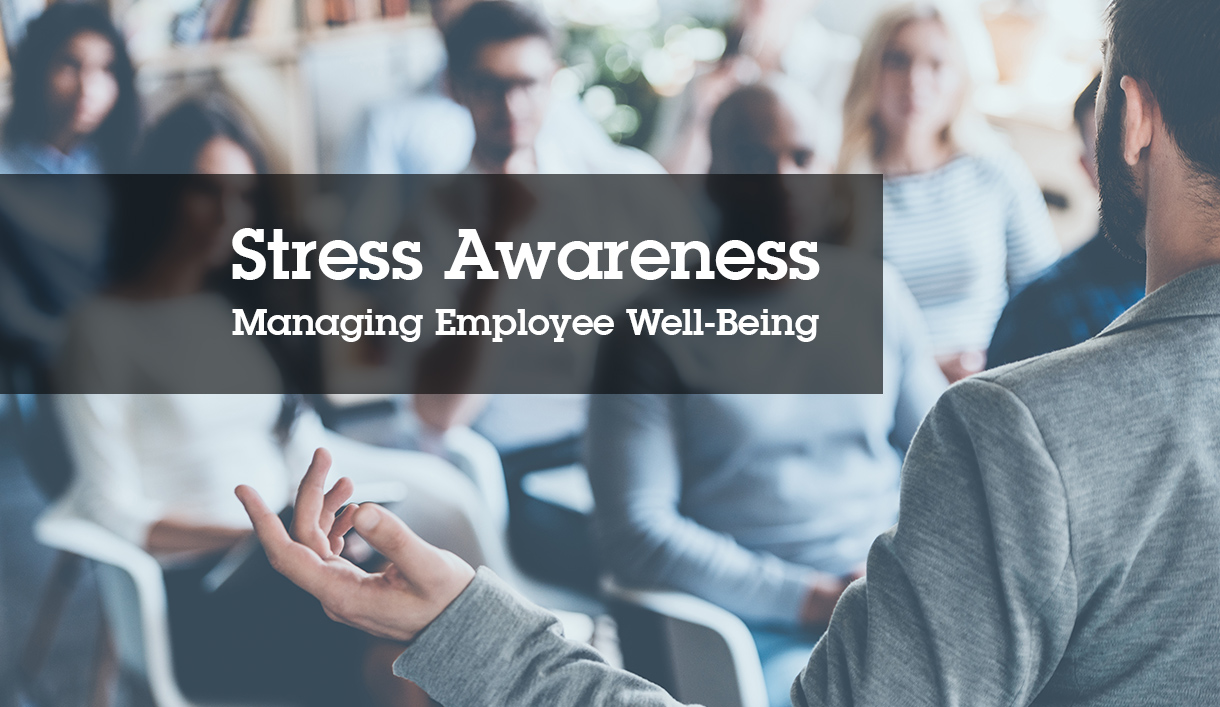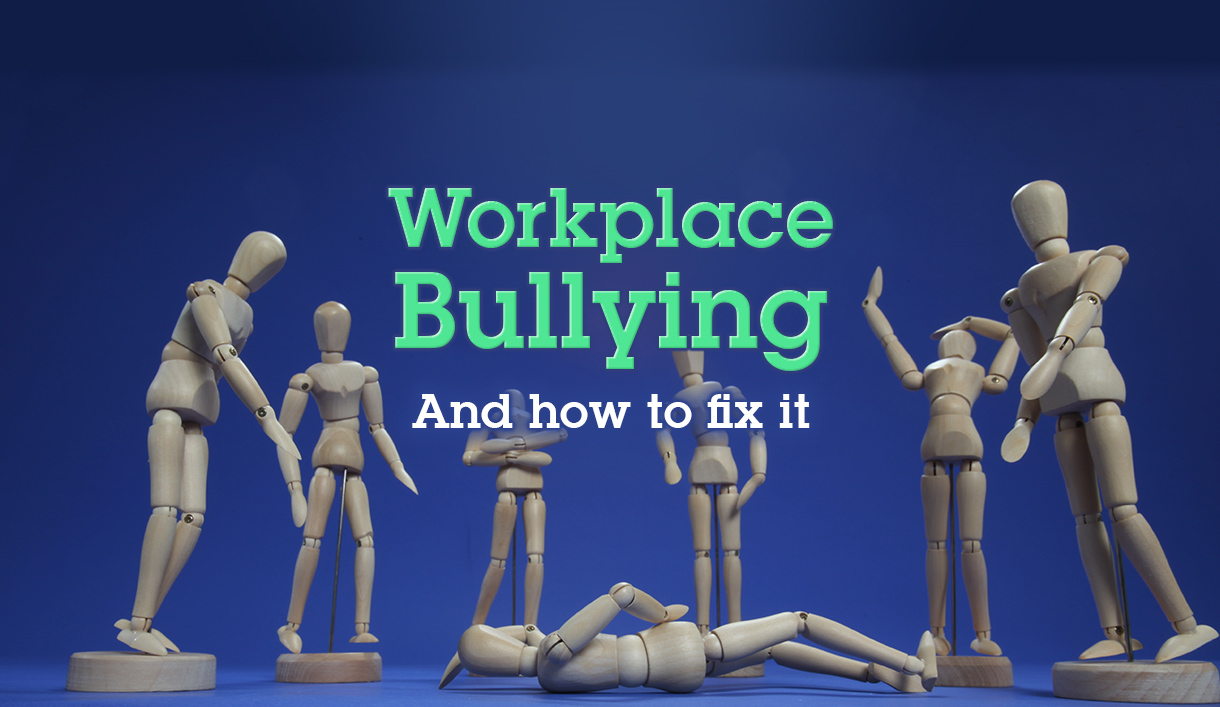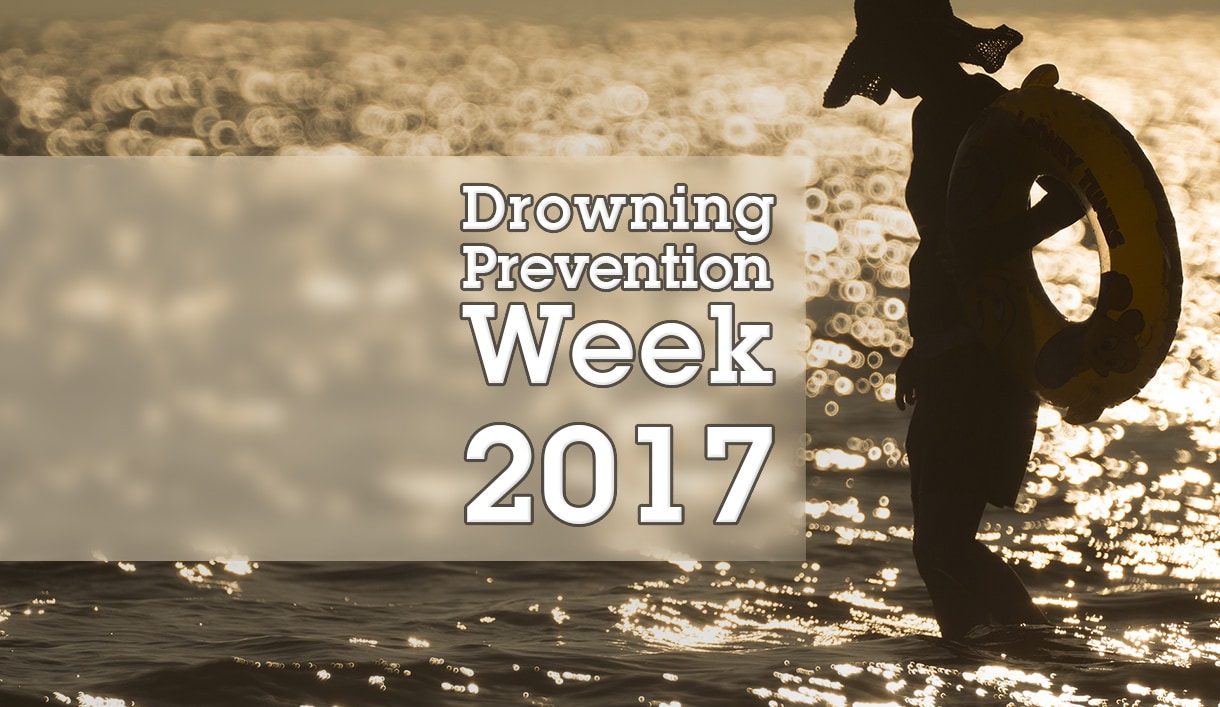Managing Workplace Stress and Its Impact on Safety
The Impact of Workplace Stress on Employees
Workplace stress can have a significant impact on employee well-being and overall safety. Managing stress effectively is crucial to maintaining a safe and healthy work environment, as stress can lead to reduced concentration, poor decision-making, and increased risk of accidents. In this article, we will explore the relationship between workplace stress and safety and discuss strategies for managing stress in the workplace.
The Impact of Workplace Stress on Safety
Stress can have a profound impact on workplace safety, including:
- Decreased focus and attention: Stress can make it difficult for employees to concentrate, increasing the likelihood of accidents and injuries.
- Impaired decision-making: High levels of stress can negatively affect decision-making processes, potentially leading to poor safety choices.
- Increased risk-taking behaviour: Stressed employees may be more likely to engage in risky behaviour, putting themselves and others in danger.
- Decreased communication: Stress can lead to poor communication among employees, resulting in misunderstandings and potential safety hazards.
Identifying Workplace Stressors
To effectively manage workplace stress, organisations must first identify the factors contributing to stress among employees. Common workplace stressors include:
- Excessive workload
- Tight deadlines
- Insufficient resources
- Poor work-life balance
- Lack of support from management
- Workplace conflicts
Strategies for Managing Workplace Stress
Organisations can implement several strategies to help manage workplace stress and improve overall impact on safety, such as:
Encouraging open communication: Promote a culture of open communication where employees feel comfortable discussing stressors and seeking support.
Providing resources and support: Offer access to resources and support services, such as employee assistance programs or stress management training.
Ensuring a healthy work-life balance: Encourage employees to take breaks and maintain a healthy work-life balance and consider offering flexible work arrangements.
Recognising and rewarding achievements: Acknowledge employees’ hard work and accomplishments and provide incentives for achieving safety goals.
Implementing stress-reduction initiatives: Introduce stress-reduction initiatives, such as mindfulness training or team-building activities.
Addressing organisational factors: Review organisational factors that may contribute to workplace stress, such as workload or management style, and implement changes as needed.
Managing Workplace Stress is Important
Managing workplace stress is not only crucial for employee well-being but also for maintaining a safe working environment. Excessive stress can lead to decreased concentration, impaired decision-making, and increased chances of accidents or errors.
The NEBOSH General Certificate equips individuals with the knowledge and skills to identify and manage workplace stress effectively. Through this comprehensive qualification, professionals gain a deeper understanding of the factors contributing to stress, learn practical techniques to mitigate its impact, and develop strategies to create a supportive and stress-free work environment.
By pursuing the NEBOSH General Certificate, individuals demonstrate their commitment to promoting a culture of well-being and safety in the workplace, leading to improved employee morale, enhanced productivity, and ultimately, a safer and healthier working environment for all.
Take the proactive step towards managing workplace stress with the NEBOSH General Certificate and pave the way for a happier, healthier, and more productive workforce.











Leave a Reply
Want to join the discussion?Feel free to contribute!